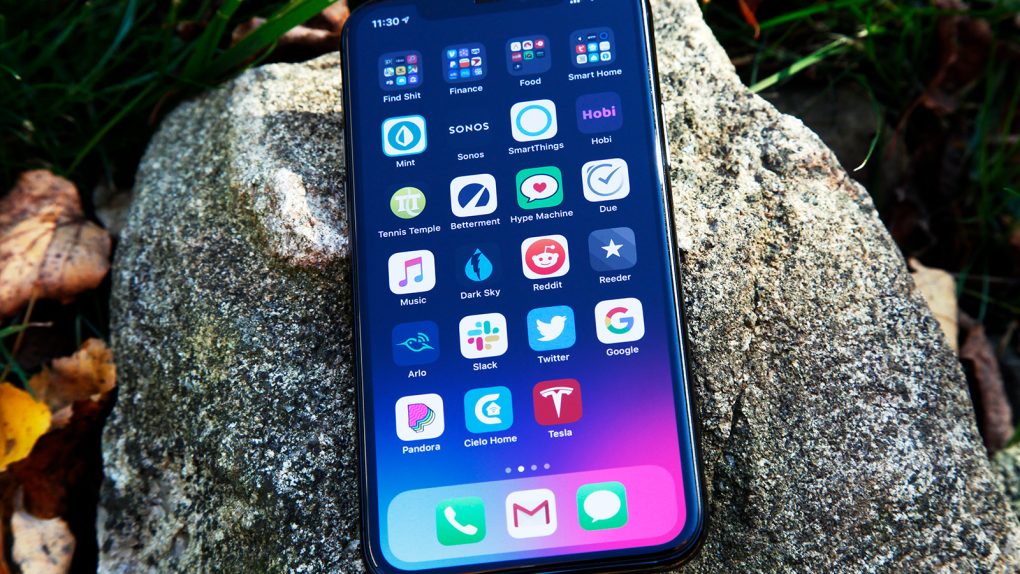Even though Apple’s share of the smartphone market isn’t anywhere close to a level that would warrant calling the company a monopoly power, lawmakers have recently become taken with the idea of investigating large tech companies for alleged antitrust behavior. In turn, Congress a few months back sent a letter to Apple seeking answers to a wide range of questions pertaining to how Apple conducts is business.
As you might expect, some of the questions sent to Apple demonstrate a clear lack of understanding of Apple’s business and the tech space in general. Citing just one example, Apple was asked how it selects which apps “are required to share their revenue with Apple.” You would think, with the App Store now more than 10 years old, that lawmakers charged with looking into Apple’s business practices would know that developers are the ones who decide whether or not to charge for a particular app.
That notwithstanding, Apple has since answered the questions from Congress, and while much of it is traditional boilerplate, there is one interesting tidbit worth highlighting.
Specifically, Congress asked Apple how much it makes from product repairs, to which Apple responded that it actually loses money on product repairs:
For each year since 2009, please identify the total revenue that Apple derived from repair services.
For each year since 2009, the costs of providing repair services has exceeded the revenue generated by repairs.
That aside, Apple also made a point of emphasizing that it enacts various rules around iPhone repairs as a means to prevent injury. As an example, Apple says that it prevents independent repair stores from accessing genuine Apple spare parts because of the following:
Repairs performed by untrained technicians might not follow proper safety and repair procedures and could result in improper function, product quality issues or safety events. Additionally, repairs that do not properly replace screws or cowlings might leave behind loose parts that could damage a component such as the battery, causing overheating or resulting in injury. For these reasons, we believe it is important for repair shops to receive proper training when obtaining access to spare parts and repair manuals.
And while cynics might scoff at that explanation, we have seen instances where unauthorized repairs have resulted in iPhones catching on fire. Apple’s full suite of answers can be viewed over here.








